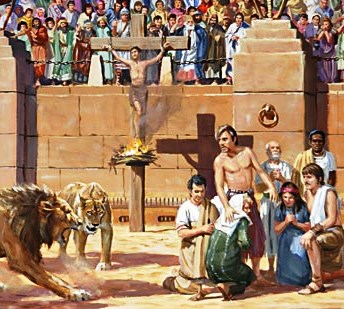
Book Synopsis Have you ever wondered why we Christians do what we do for church every Sunday morning? Why do we dress up for church? Why does the pastor preach a sermon each week? Why do we have pews, steeples, and choirs? This ground-breaking book, now in affordable softcover, makes an unsettling proposal: most of what Christians do in present-day churches is rooted, not in the New Testament, but in pagan culture and rituals developed long after the death of the apostles. As you reconsider Christs revolutionary plan for his church-to be the head of a fully functioning body in which all believers play an active role-youll be challenged to decide whether you can ever do church the same way, viewed March 2, 2012. In the process, the authors uncover the problems that emerge when the church functions more like a business organization than the living organism it was created to be. Coauthors Frank Viola and George Barna support their thesis with compelling historical evidence and extensive footnotes that document the origins of modern Christian church practices.

makes an unsettling proposal: most of what Christians do in present-day churches is rooted, not in the New Testament, but in pagan culture and rituals developed long after the death of the apostles. Some of our congregations have Modern Pagan groups within them, organized as chapters of CUUPS (the Covenant of UU Pagans).About the Book Have you ever wondered why we Christians do what we do for church every Sunday morning? Why do we dress up for church? Why does the pastor preach a sermon each week? Why do we have pews, steeples, and choirs? This ground-breaking book. The Modern Pagan movements have many Unitarian Universalists among them. We also welcome those who identify as Pagans, including Wiccans, Druids, and practitioners of Goddess Spirituality. We respect indigenous religions as paths to native peoples’ spiritual and cultural renewal, and welcome those who practice them. As allies in indigenous peoples’ struggles for cultural survival, we do not borrow indigenous practices and use them as our own. Our worship services include writings, poetry, and ritual of earth-centered traditions. All of these are part of the sixth source of our living tradition, "spiritual teachings of earth-centered traditions which celebrate the sacred circle of life and instruct us to live in harmony with the rhythms of nature."


Some of us practice indigenous religions and Modern Paganism. Many Unitarian Universalists draw inspiration from the cycles of seasons, the beauty and complexity of the natural world, and the intricate relationships between humans and all the other life on this planet.


 0 kommentar(er)
0 kommentar(er)
